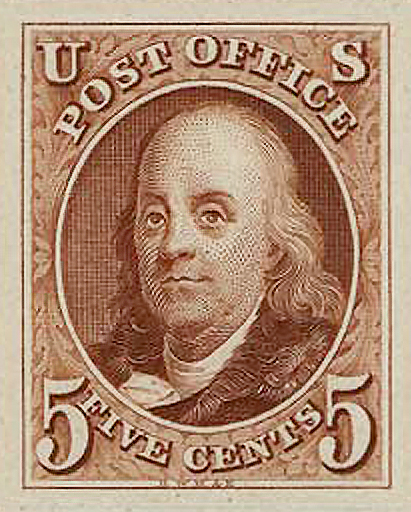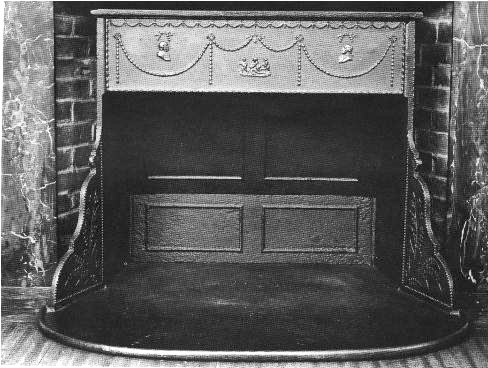
 |
Benjamin Franklin, one of the Founding Fathers of the United States, was not only a statesman, writer, and diplomat but also a prolific inventor. His innovative spirit and scientific curiosity led him to create a number of inventions that had a lasting impact on society.
One of Franklin's most famous inventions, the lightning rod, emerged from his fascination with electricity. In 1752, he conducted his famous kite experiment, proving that lightning is a form of electricity. To protect buildings from lightning strikes, Franklin developed the lightning rod—a metal rod mounted on a structure's highest point to divert lightning safely into the ground. This invention revolutionized the safety of buildings during thunderstorms and is still in use today.
 |
| Benjamin Franklin Drawing Electricity From the Sky - Benjamin West 1816 |
As he aged, Franklin faced the common problem of presbyopia, the inability to focus on close objects. In response, he created bifocals, eyeglasses with lenses that have two different prescriptions—one for distance and one for close-up reading. This invention allowed individuals with vision issues to have a single pair of glasses for various activities, laying the foundation for modern multifocal lenses.
In an effort to improve heating efficiency, Franklin designed the Franklin stove in 1741. This metal-lined fireplace insert maximized heat output and minimized smoke. The stove allowed for better control of the combustion process, making heating more efficient and reducing the amount of fuel needed. Although it has been largely replaced by more modern heating methods, the Franklin stove was a significant advancement in its time.
 |
| Franklin Stove |
In the realm of music, Franklin invented the glass armonica in 1761. This instrument, also known as the glass harmonica, consisted of a series of glass bowls or goblets of different sizes mounted on a spindle and played by rubbing the rims with wet fingers. It produced hauntingly beautiful sounds and was popular in the 18th and early 19th centuries. Mozart and Beethoven even composed music for the glass armonica.
Ben Franklin was not only interested in science and technology but also in improving daily life. In 1717, he crafted swim fins—wooden planks with straps to attach to a person's hands—for more efficient swimming. Franklin was an avid swimmer and believed that these fins would allow individuals to move through the water with greater ease. While not as widely recognized as some of his other inventions, his swim fins were a testament to his practical ingenuity.
Franklin's odometer, invented in 1775, was designed to measure the distance traveled by a vehicle. This early version of the odometer consisted of a wheel with 13 spokes, and each spoke had a series of numbers. As the wheel turned, the numbers advanced, providing an accurate measurement of distance. Franklin's odometer was an important tool for postal workers and others who needed to track their journeys.
Benjamin Franklin's inventions showcase his diverse interests and his commitment to improving various aspects of daily life. His contributions to science, technology, and society have left a lasting legacy, and his innovative spirit continues to inspire inventors and thinkers to this day.